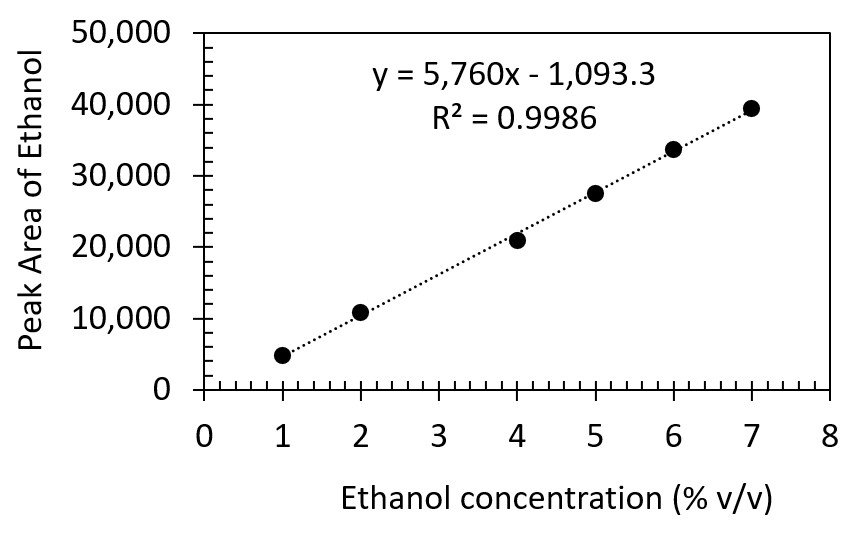Measuring Ethanol Content in Kolesom, a Javanese Wine, and Traditional Wine of Bali by Gas Chromatography (GC): Ensuring Halal Label for Traditional Herbal Medicine
Main Article Content
Abstract
Wine is an alcoholic drink that results from the fermentation of grape juice with the help of microbes. One of the variants of wine circulating in Indonesia is wine Kolesom. Kolesom, also known as ginseng wine. Gingseng/kolesom/temulawak is classified as grapes wine with other food ingredients as an addition. It contains EtOH in between 7-24 %v/v according to the quality standard of Kolesom in The Regulation of the National Agency of Drug and Food Control of Republic Indonesia (BPOM) No. 5/2021. Kolesom extracts, considered nutritious for health, are added to grape juice, though it is Khmer and haram. In traditional herbal medicine, kolesom usually use as an addition, giving the body a strong taste, warm effect, and vitality. Adding kolesom in Jamu is a choice depending on the customer's favor. Kolesom wine is classified as B-class liquor, containing 5-20% v/v ethanol. Considering that most Indonesian citizens are Muslim, it is necessary to analyze and cross-check information to the customer about the level content of the alcohol in Javanese wine, kolesom. Ensuring the correct information to the customer and halal lifestyle. Gas chromatography equipped with a flame ionized detector (GC-FID) is proposed as a method for analyzing the ethanol (EtOH) content in kolosem, Javanese wine, as well as the traditional wine of Bali. The results showed that the proposed GC-FID method was well-validated.
Article Details

This work is licensed under a Creative Commons Attribution-NonCommercial 4.0 International License.
Copyright
Authors who publish their manuscripts in this journal agree to the following terms:
- The copyright of each article remains with the authors.
- Halal Research Journal holds the right to publish the article first under the Creative Commons Attribution 4.0 International License.
- Authors may distribute their published manuscripts non-exclusively (e.g., to institutional repositories or as part of book publications), provided they acknowledge that the article was first published in this journal.
License
Articles published in this journal are licensed under the Creative Commons Attribution 4.0 International License. This license permits anyone to:
- Copy, distribute, adapt, modify, and create derivative works from the material in any form, including for commercial purposes.
- The condition is that proper credit must be given to the authors for the original work.
